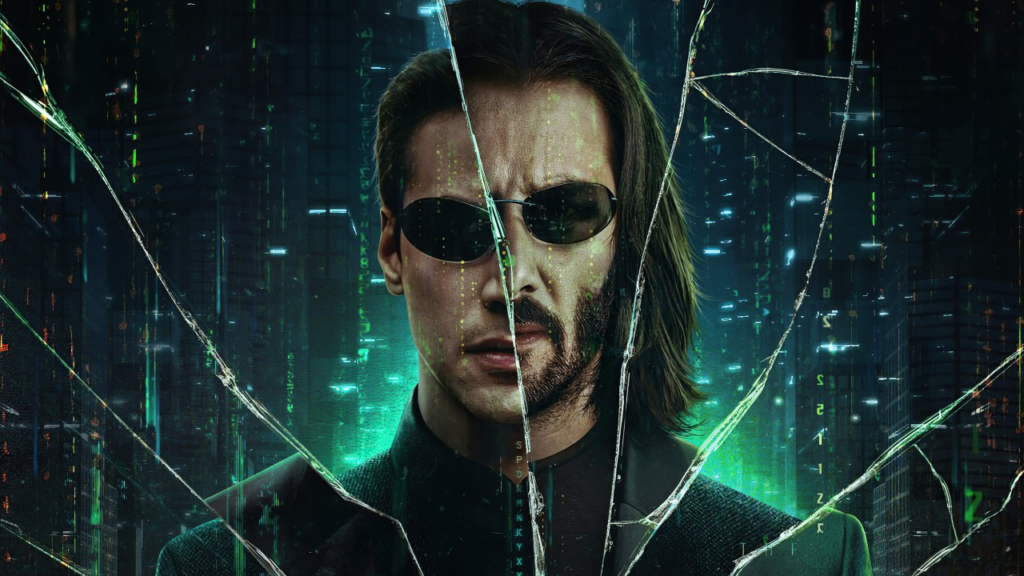The Matrix: A Journey Beyond Reality
The Matrix trilogy, directed by the Wachowskis, captivated audiences worldwide with its mind-bending blend of science fiction, philosophy, and jaw-dropping action. Let’s delve into the key plot points, themes, and philosophical influences that make this trilogy a cinematic masterpiece.

The Matrix (1999)
The Beginning
The first film opens with a mysterious phone call being traced. We meet Trinity, a renegade hacker who defies gravity with her kung-fu skills. Agents—men in suits with ear radios—pursue her through a nameless city. Both Trinity and the Agents reveal superhuman abilities, setting the stage for the mind-bending journey.
Neo’s Awakening
Enter Neo (a.k.a. Mr. Anderson), a mild-mannered software programmer by day and a hacker by night. His life takes a surreal turn when he receives a message from Morpheus, a rebel leader. Neo learns that reality is an illusion—the Matrix—a computer-generated dream world designed to control humans. His quest to uncover the truth begins.
The Prophecy
Morpheus believes Neo is “the One,” a person born with the power to change the Matrix. Neo faces trials, including an iconic red pill/blue pill choice. He awakens in the real world, aboard Morpheus’s ship, and discovers the war between humans and AI. The Matrix is a prison, and Neo must free humanity’s minds.
The Matrix Reloaded (2003)
Expanding the Universe
The sequel delves deeper into the Matrix’s secrets. Neo grapples with visions, meets the Oracle, and confronts Agent Smith, who has evolved into a virus. The Architect reveals that Neo isn’t the first “One.” The prophecy is a cycle, and Neo’s choices determine humanity’s fate.
Zion and the Architect
Neo and Trinity’s love story unfolds against the backdrop of Zion, the last human city. The Architect explains that Zion is part of the Matrix’s control system. Neo’s choice—to save Trinity or humanity—shatters the cycle. The trilogy’s philosophical themes—free will, determinism, and sacrifice—come to the forefront.
The Matrix Revolutions (2003)
The Final Battle
The war intensifies as Neo, Trinity, and their allies fight to save Zion. Neo confronts the Deus Ex Machina, the AI controlling the Matrix. His sacrifice—merging with Smith—saves humanity. The Matrix resets, but peace prevails.
Legacy and Reflection
The trilogy leaves us pondering reality, identity, and purpose. Neo’s journey transcends the screen, inviting us to question our own existence. Are we trapped in our own Matrix?
The Matrix Resurrections (2021)
A New Reality
Set sixty years after Revolutions, The Matrix Resurrections follows Neo, who lives a seemingly ordinary life as a video game developer. Neo struggles to distinguish fantasy from reality. A group of rebels, aided by a programmed version of Morpheus, free Neo from a new version of the Matrix. They face a new enemy holding Trinity captive.
Conclusion
The Matrix trilogy remains a cinematic marvel, blending action, philosophy, and visual spectacle. It challenges us to break free from our mental constructs and embrace the unknown. As Neo once said, “There is no spoon.” Perhaps there is no reality—only perception.























